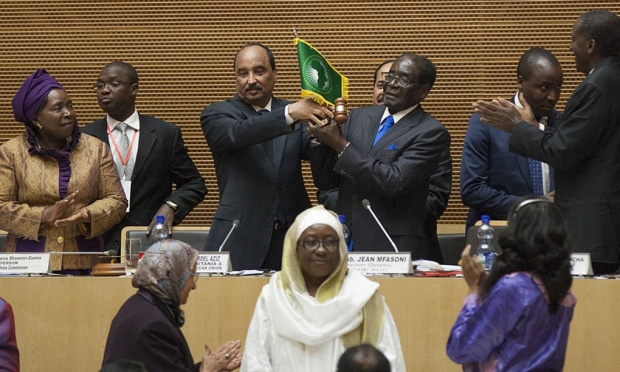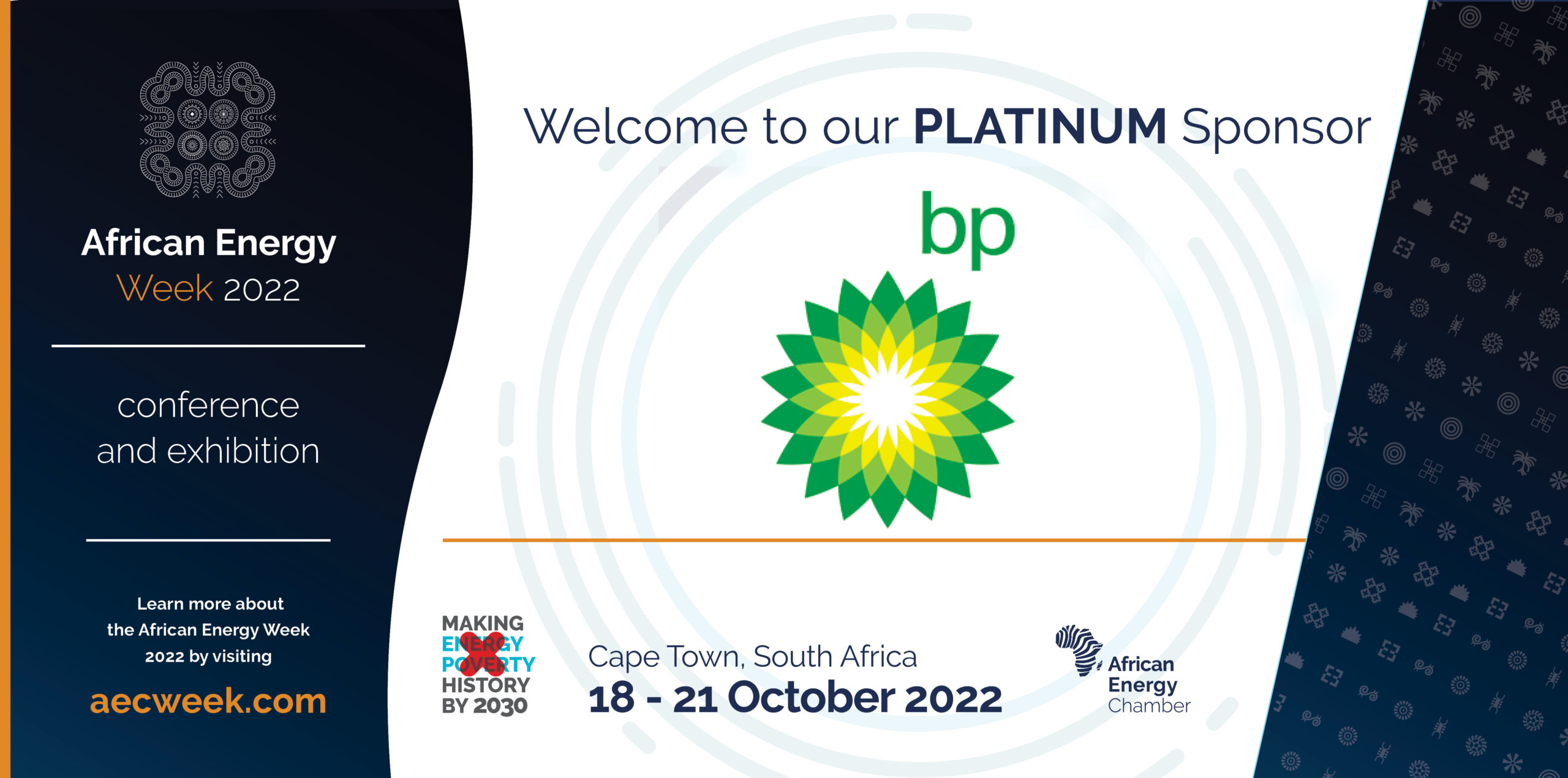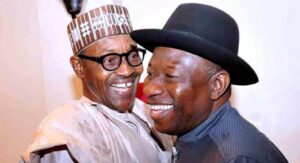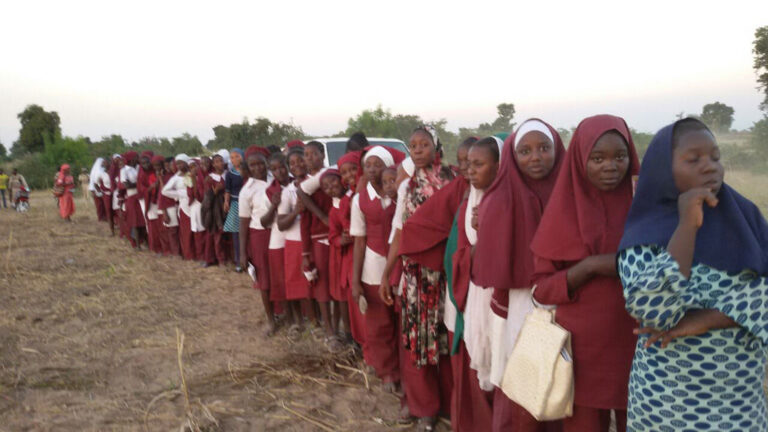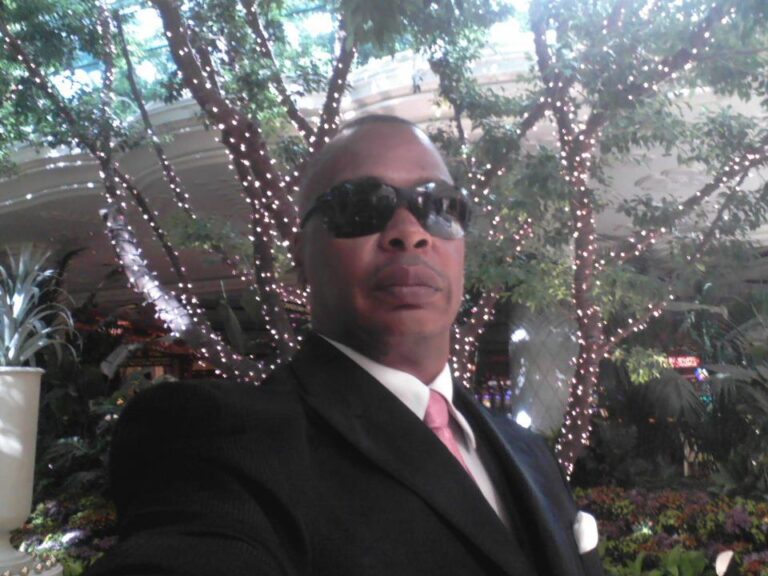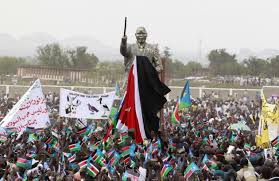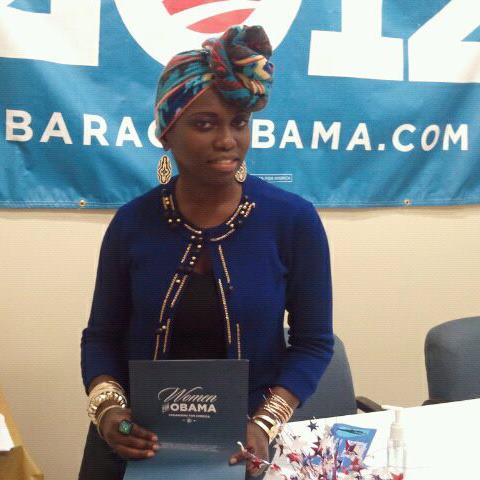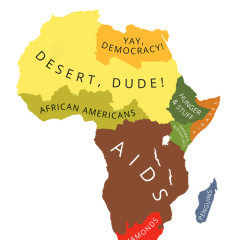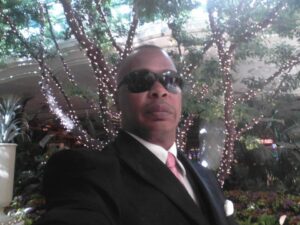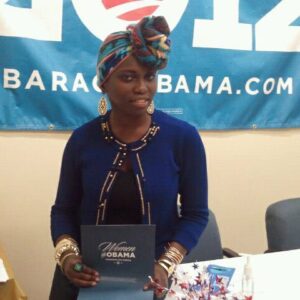Nigerian President Goodluck Jonathan and presidential candidate Mohammadu Buhari are both using U.S. Democratic political strategists to help their campaigns. | Getty[/caption]
LAGOS, Nigeria — Africa’s most populous country is headed toward its first close presidential election in decades, pitting a struggling incumbent president against an ex-military strongman, both of them using U.S. Democratic political strategists to help their campaigns.
In on-again off-again roles, two firms that are political allies in America have found themselves working on opposite sides in Nigeria’s presidential election.
One is the strategy group founded by former Obama campaign manager David Axelrod, AKPD Message and Media. The other is former Howard Dean campaign manager Joseph Trippi of The Potomac Square Group.
U.S. consulting firms routinely parachute into foreign countries to advise campaigns, work that can win influence for their other clients. But it can also backfire on the campaigns when politicians attack their opponents’ American consultants to score points.
That has happened in Nigeria ahead of an election originally scheduled for Saturday that is now too close to call and which was postponed last week following violence by the extremist insurgent group known as Boko Haram.
“The consultants have already become an issue,” said J. Peter Pham, director of the Africa program at the Atlantic Council, a Washington-based think tank. “This issue won’t by itself sway the minds of many voters so much as perhaps reinforce their inclinations.”
President Goodluck Jonathan, 57, a Christian from Nigeria’s south, has been criticized at home and abroad as an ineffective leader who has allowed corruption to deteriorate the county’s infrastructure and national pride. His political party has been in power since Nigeria resumed free elections in 1999 after decades of military rule.
Jonathan’s opponent, Muhammadu Buhari, 72, a Muslim from the north, took control of Nigeria for about 20 months after a military coup in 1983. He has argued he will fight corruption and terrorists better than Jonathan.
As the race heated up in December – and ahead of a deadly offensive by Boko Haram last month – Jonathan wound down his U.S. consultant’s work, while Buhari’s party ramped theirs back up: Jonathan’s campaign stopped working with Trippi’s firm. That same month, the opposition party temporarily rehired AKPD.
AKPD’s Nigerian work has already drawn media attention in the U.S. and Nigeria, including reports of leaked emails that discussed the firm’s recent work for Buhari’s party.
Jonathan, too, faced backlash over a third U.S. public relations firm, Levick Strategic Communications, which was hired in June 2014 to help him respond to the kidnapping of more than 200 schoolgirls by Boko Haram.
All of this occurred before Nigeria’s independent election commission last week postponed the election from Feb. 14 to March 28, a decision decried by Buhari’s supporters. It was also criticized by U.S. Secretary of State John Kerry, who visited Lagos last month.
“It is critical that the government not use security concerns as a pretext for impeding the democratic process,” Kerry said in a Feb. 7 statement. On Friday, a State Department official added: “We stand ready to work with Nigeria and its people no matter which candidate is elected.”
“There is a great deal of anger about the postponement of the election and suspicion among opposition supporters that the delay is a deliberate ploy to subvert the democratic process,” said Jennifer Cooke, director of the Africa program at the Center for Strategic & International Studies, a Washington think tank.
It’s unclear if the either Potomac or AKPD will be recalled to action as a result of the extended campaign. Neither Trippi nor AKPD would elaborate about their consulting work. In a statement, Trippi said only that he has worked in Nigeria for 12 years and considers Jonathan a friend.
From September through November, Trippi said he collaborated on
“Forward Nigeria” ads for Jonathan’s campaign, but that work stopped in early December.
Jonathan’s ads changed noticeably after Trippi’s work ended. Four months ago, the ads featured students, new building projects, and generally a lot of Nigerians smiling and working. By contrast, an ad from January focused almost entirely on Jonathan
himself, working out on an elliptical trainer and playing squash before meeting with advisers.
AKPD said it was rehired for a three-week project in December to help organize announcement events. Buhari’s party initially hired AKPD from December 2013 to March 2014, and its work for the campaign has stopped, said AKPD’s Isaac Baker in a statement.
A Buhari campaign spokesman declined to comment about AKPD’s work. Attempts to reach Jonathan’s campaign were unsuccessful.
Looming large over both candidates is international pressure to beat back the Islamic extremist group Boko Haram, which has killed more than 5,500 in attacks in 2014 and hundreds more already this year, according to a
report by the Congressional Research Service. In April 2014, Boko Haram kidnapped about 270 schoolgirls, sparking a Twitter campaign using the #BringBackOurGirls hashtag that drew support from celebrities and politicians including First Lady Michelle Obama.
In addition to terrorist attacks, the threat of partisan violence is high, too. Both Jonathan and Buhari faced off against each other in 2011, when Jonathan beat Buhari with 59 percent of the vote. About 800 people died in unrest following that election.
This time, Buhari’s party has mounted a better campaign in part thanks to an aggressive social media strategy. Cooke of CSIS says social media could be deciding factor: “How effectively the two parties shape and convey [their] two competing narratives in the next six weeks will have a major impact on how people vote in March. And social media will very likely have a big role to play in that.”
In Lagos, Nigeria’s commercial capital, even Jonathan’s supporters have said the president’s campaign messaging pales in comparison to Buhari’s.
“He does not have a good media team. They cannot sell,” said Kunle Jinadu who runs a small business that delivers boxes of fresh produce to offices including U.S. firms McKinsey & Co. and Google.
Jinadu applauded Jonathan for making improvements to Nigeria’s technology infrastructure. But he criticized Jonathan’s public relations team allowing the Boko Haram insurgency to overwhelm the campaign.
“I don’t know where they come from,” he said, “but they cannot sell to the public.”

